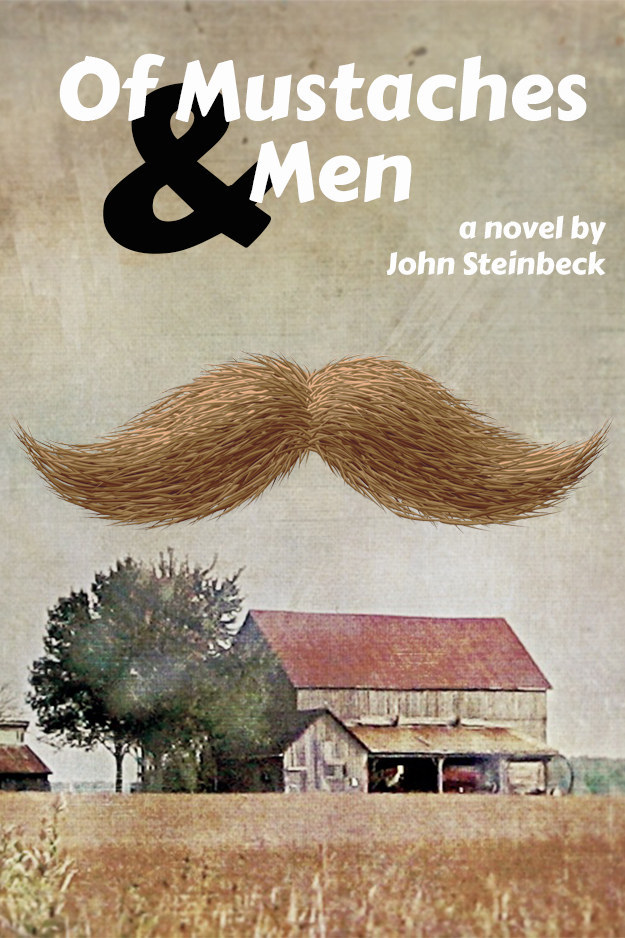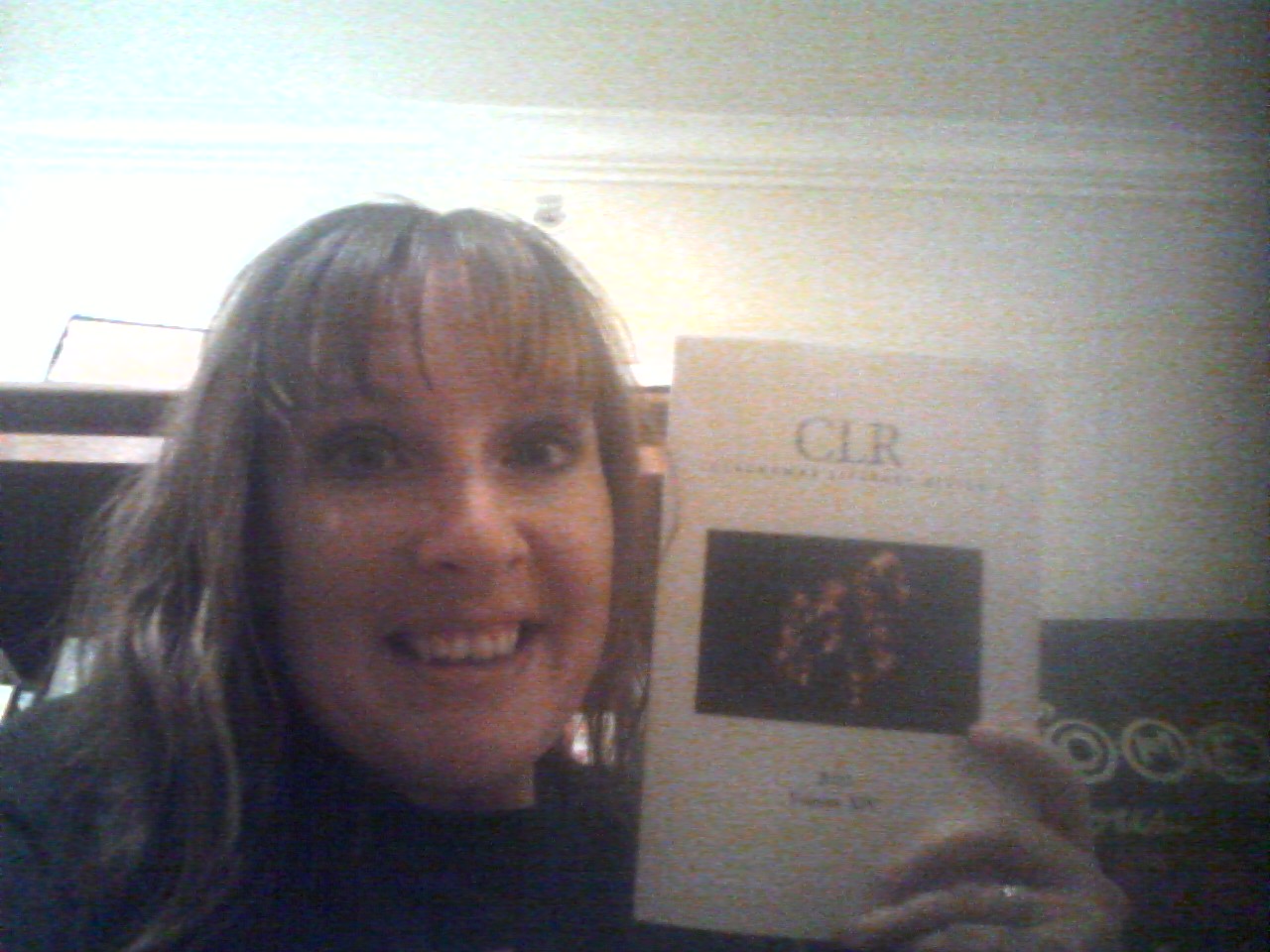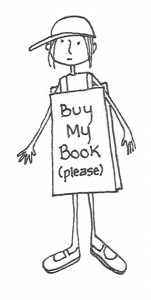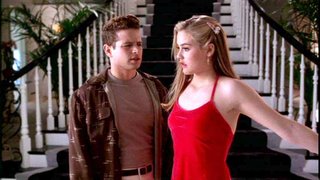Loyal fanbase, you are, I’m sure, already aware of the fact that it took me seven years from the time I wrote my first word of The Redheaded Stepchild until I published it. What was I doing in that time besides getting divorced and attending wine and cheese parties for one? I was querying publishers and agents, building up an impressive collection of rejection letters, which I often used to line the litter box back when I could stand cats. I had my copy of The Writer’s Market and I was going to go through every entry in the book until I found that rare Prince Charming gem all writers hope for: the right publisher for my book, and one who was willing to take a chance on me.
Five years from the time I wrote the first word, I finally got an email from an acquisitions editor at a publishing house, while playing pool and drinking beer in a dive bar on a visit to my hometown. My book was in the batch they were going to accept during their next publication period. I probably played my best lifetime game of pool that night, because I was over the moon, thinking I’d finally gotten the big break I deserved. I won’t say who it was – because as you can tell from the title of this post, I turned them down anyway…
The happiness ended the minute I started digging deeper into the company and I got the contract. For the most part, it was pretty standard for what I read in the reference book, except for the following teensy line items:
- They weren’t going to let me have any input on the cover. They were going to throw my book over a wall to their creative team and give the nod to whatever came back. Still, the covers I saw looked pretty good, so I was willing to go with it.
- They weren’t going to give me any marketing support. Sorry, but my minor in advertising in promotion did not prepare me for how to successfully market my book. When I asked about this, they gave me a stock response about how the author is the best person to do the marketing because they are closest to the project. Okay, true, but don’t you guys do this like, professionally? I’m just a wordmonkey.
- And here’s the kicker… they wanted me to pay them a “non-refundable deposit” as remuneration for taking a risk on my book.
Um, yeah… that was the red flag for this redhead. When I told them I was uncomfortable with this, they sent me a list of their author references as a way of reassuring me that I would be happy, successful, and quickly earn back my “refundable deposit” if I took the deal. I read all the references, but then I went and found the authors’ websites. Most of them had long since given up on their books from this publisher or hadn’t published any more books, but there were a few still kicking around, so I contacted them. They all told me the same thing… it was not the greatest decision they’d ever made in their lives.
But still, this was a book deal, a real one, the thing I had been waiting for for five years of my life. Who was I to say it wasn’t good enough? I’m a nobody, and they want to take a chance on me. I did what any girl would do – I called someone smarter than me. Specifically, my most-likely-to-succeed counterpart from high school (or would have been, if I’d been popular enough to even make that section of the yearbook’s radar), a lawyer pal with a lot of contracts experience. No, he’d never seen a book deal contract, but a contract’s a contract, right? And yeah, he said it sucked. He wasn’t going to tell me what to do, but he didn’t mince words about the drawbacks of the contract. He was even kind enough to draw up a list of suggested revisions, reminding me than any contract is just a starting off point for negotiations, and that if I really wanted a book deal, I should fight for one that worked for both me and the publisher.
Well, negotiation must’ve been Swahili to them. I emailed my carefully crafted list of negotiable revisions to their people. And waited a week. And emailed them back, asking if they’d had a chance to view my revisions, to which they assured me their legal team was giving it “careful consideration.” Then I waited another week. And emailed again. Finally, they came back and said they weren’t willing to make any concessions with their standard contract (gee thanks… you coulda just told me that 2 weeks ago). I wanted a book deal. I really did. But this one smelled an awful lot like the rejection letters after the litter box got a hold of em, so I politely declined, determined that I had not yet found my Prince Charming of publishing. And had another wine and cheese party for one.
But… that’s not the end of the story… tune in next week, when I tell the story of “Why I Self-Published.”




